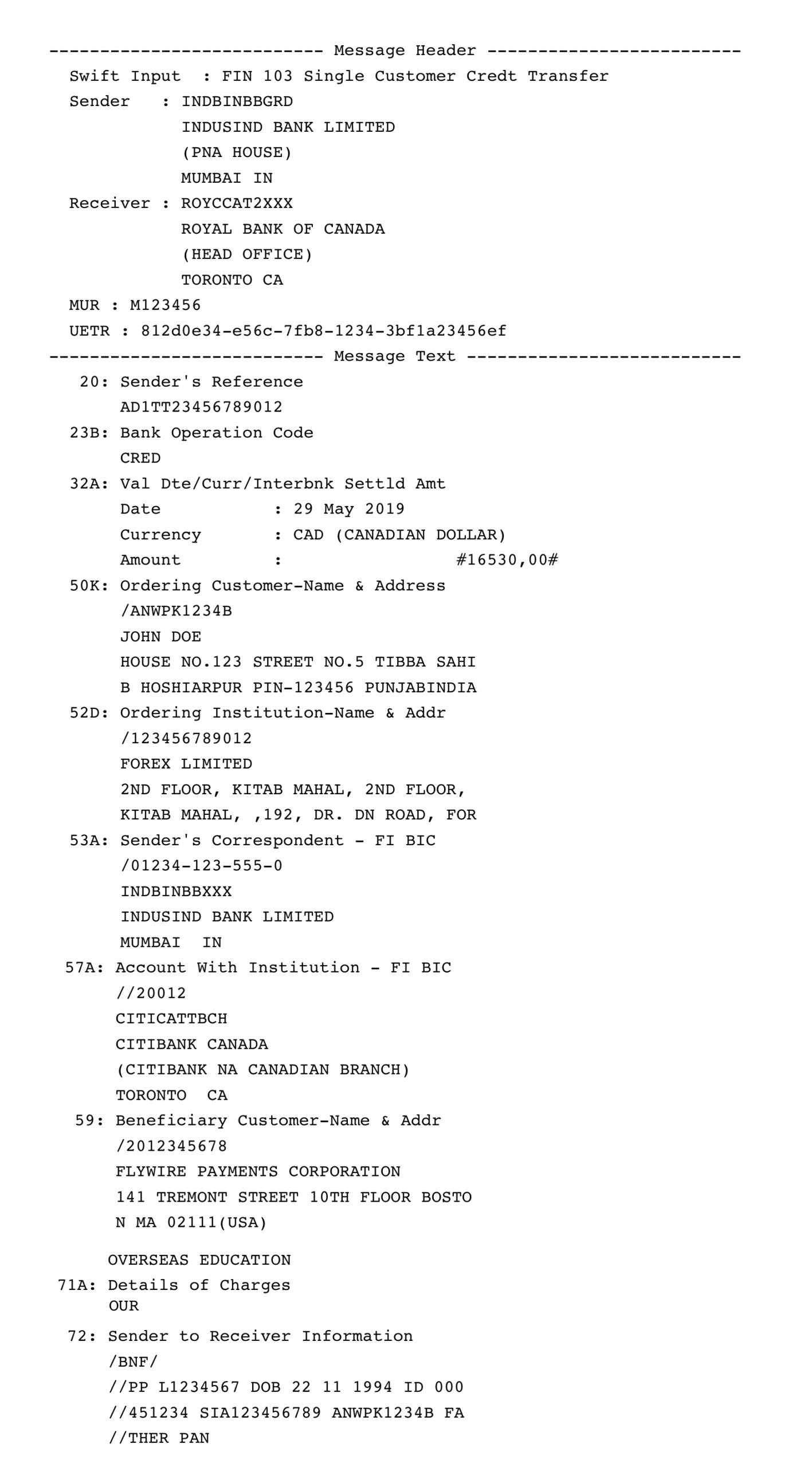Saudi Arabia’s Bold Vision 2030: Transforming the Economy

Introduction
Saudi Arabia, known for its vast oil reserves and cultural heritage, is undergoing a significant transformation aimed at diversifying its economy away from oil dependency. This transition is encapsulated in the Vision 2030 initiative, which was launched in April 2016. The importance of this topic is underscored by its potential impact on both regional and global economies, as Saudi Arabia seeks to position itself as a leader in various sectors beyond oil.
Vision 2030: A Strategic Framework
Vision 2030 is a sweeping reform plan spearheaded by Crown Prince Mohammed bin Salman. The initiative aims to reduce the public sector’s reliance on oil revenues and to increase the private sector’s contribution to the economy. Key pillars of this vision include boosting investment, creating job opportunities for citizens, and enhancing the quality of life for residents and visitors. Major projects such as NEOM, a futuristic city designed to incorporate smart technologies and sustainability, highlight the ambitious nature of these reforms.
Recent Developments in Saudi Arabia
As of 2023, Saudi Arabia has made significant progress toward its Vision 2030 goals. The non-oil economy experienced growth, driven by increased investment in sectors like tourism, entertainment, and technology. The country hosted various international events, including the G20 summit in 2020 and sporting events that attracted global attention, fostering a more open and dynamic economic environment.
Moreover, the Kingdom has begun networking extensively with global partners. This includes collaborations aimed at advancements in renewable energy, with plans for solar and wind projects that align with global sustainability goals.
Challenges Ahead
Despite these positive developments, Saudi Arabia faces several challenges. The global shift towards renewable energy poses a risk to its oil-based economy. Additionally, social reforms, including women’s rights and employment, while progressing, are met with cultural resistance. Economic diversification requires a cultural shift within the Kingdom to embrace new business practices and innovations.
Conclusion
Saudi Arabia’s Vision 2030 is not only a roadmap for the Kingdom’s economic future but a comprehensive approach to societal transformation. As the Kingdom continues its journey towards diversification and modernization, the global community will be watching closely. The success or failure of these reforms could have far-reaching implications for the region’s stability and economic landscape, making Saudi Arabia a focal point in discussions about the future of oil economies and emerging markets.
You may also like

Morocco vs Saudi Arabia: Highlights and Significance

The Importance of Money Transfer Services in Today’s World

Understanding Boomtowns and Their Impact on Urban Areas
SEARCH
LAST NEWS
- Remembering Wendy Richard: The Promise to Co-Star Natalie Cassidy
- How Did Anglian Water Achieve an ‘Essentials’ Rating for Mental Health Accessibility?
- Shai Hope Leads West Indies in T20 World Cup Clash Against South Africa
- What We Know About Weston McKennie: Future at Juventus and Past at Leeds
- What We Know About the Upcoming Live Nation Antitrust Trial